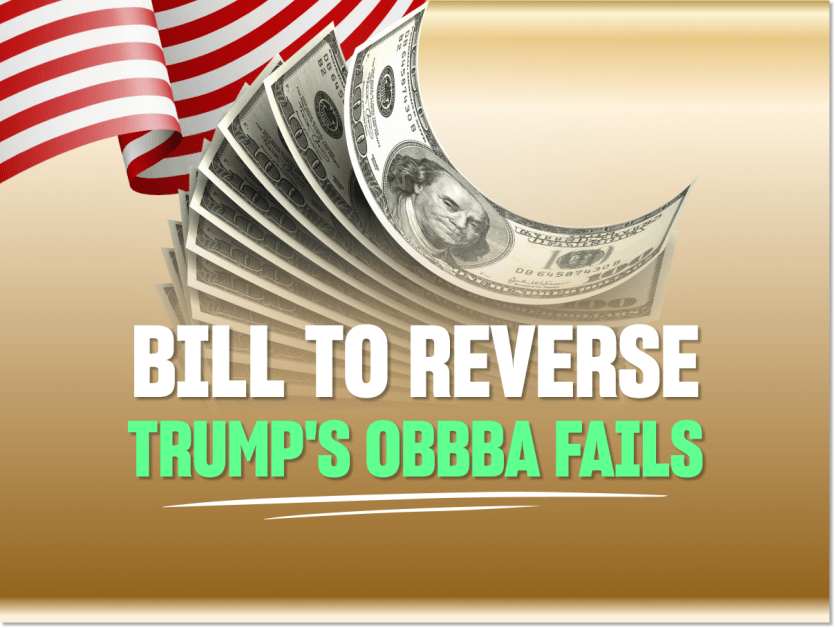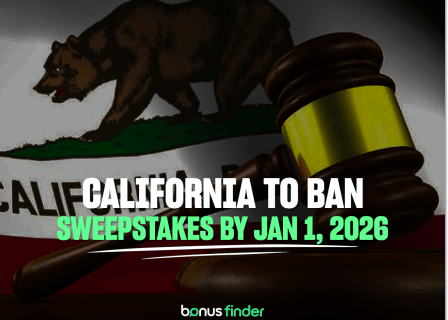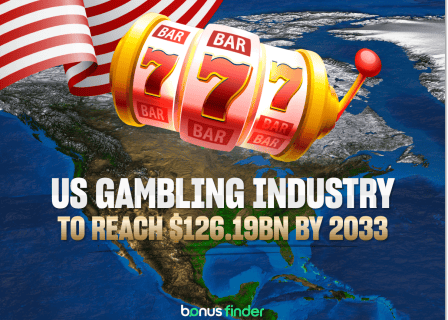Reversal of controversial US gambling tax hike blocked by Senate
President Donald Trump’s ‘One Big Beautiful Bill Act’ (OBBBA) has drawn criticism within the gambling industry. The motion, which has now passed, included a provision that only allows up to 90% of gambling losses to be deducted from annual taxes. BonusFinder, an online casino bonus comparison site, dives into the full spiel of Trump’s new bill.
Despite warnings from professional gamblers that such a requirement could spell danger for the market – particularly among high-volume players – the proposal was signed into law on 4 July.
Now, fewer than four weeks on from that momentous decision, senators have initiated attempts to reverse this controversial gambling tax hike.
Attempting to overturn Trump’s OBBBA
Most recently, Democratic Party Senator Catherine Cortez Masto presented a bid to overturn the OBBBA’s revamped rules on gambling taxes.
Dubbed the ‘Facilitating Useful Loss Limitations to Help Our Unique Service Economy Act’ (FULL HOUSE Act), Sen. Cortez Masto sought passage of the bill through unanimous consent; a unique mode of passage that allows bills to progress as long as no senators object.
Cortez Masto discussed the OBBBA’s impact on the gambling industry on the Senate Floor: “They (players) would literally be paying taxes on money they don’t have. This makes no sense.”
However, Republican Indiana Senator Todd Young opposed the motion. In turn, Sen. Cortez Masto’s FULL HOUSE Act failed to advance by unanimous passage.
Whilst generally supportive of the Democrat senator’s motion, Young outlined that the bill would only gain his full support if religious amendments were added to the final draft.
Speaking on the FULL HOUSE Act, Sen. Young said: “I strongly support the underlying bill, but will have to object unless you can agree to my request.”
Frustrated following the failure of this effort to roll back President Trump’s gambling tax changes, Sen. Cortez Masto said: “It is a shame that we cannot pass this commonsense (act) because Republicans want to weigh it down with unrelated measures that they voted to support.
“This is a Republican piece of legislation that is actually causing people to pay taxes on money they lost. It makes no sense. And that’s all this is, is to try to fix it… so I’m disappointed, but I am not done.”
Republicans “didn’t know” about gambling tax provision
Damningly, Democrats have pointed to an alleged lack of awareness among Republicans concerning the OBBBA’s revamped gambling tax rules.
Sen. Ron Wyden, the Democrats’ leading representative on the Senate Finance Committee, has gone on the record to report this supposed ignorance: “Now I see Republican senators walking all over the Capitol saying they didn’t even know anything about this policy.
“The fact is, when you rush a process like this, this way, and cram in all of these policies that you haven’t really thought about, you risk consequences for people back home. That is what is going on here.”
Will US gambling tax hikes be reversed?
Although Republicans succeeded in blocking Sen. Cortez Masto’s reversal of gambling tax reform, underlying cross-party support remains intact.
Moreover, Cortez Masto has vowed to return with further motions – and she is not the only individual plotting to take down Trump’s proposed tax statute.
A similar bill, presented by Sen. Dina Titus, stands as another viable option to repeal potentially harmful stipulations brought forth by the OBBBA.
Titled the FAIR BET Act, this motion endeavours to simply alter the wording of President Trump’s OBBBA by amending the phrase ‘90%’ to instead read ‘100%’ in all provisions related to gambling taxes.
Unless the FAIR BET Act – or an alternative effort against the divisive rule – passes, the OBBBA’s new 90% gambling tax deduction order will go live during fiscal year 2026.









